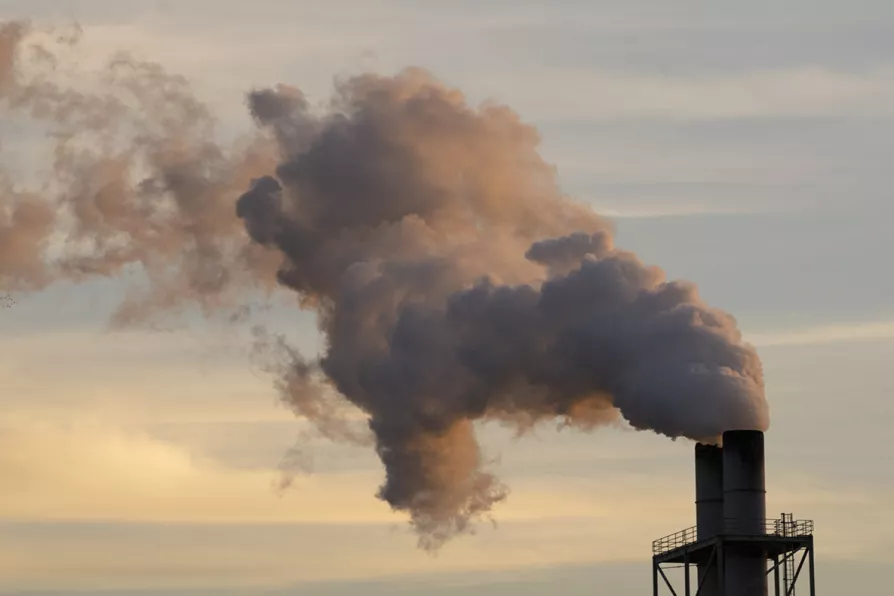Global warming has intensified the African rainy season this year, say scientists

 Steam is seen at the Longview WestRock mill, which makes cardboard materials including container board and corrugated containers, March 14, 2024, in Longview, Washington
Steam is seen at the Longview WestRock mill, which makes cardboard materials including container board and corrugated containers, March 14, 2024, in Longview, Washington
GLOBAL warming has intensified the rainy season in many African countries this year, scientists said today.
The scientists say the latest impact of the climate emergency has sparked deadly flooding across the African continent.
The World Weather Attribution (WWA) network said human-driven climate change, caused by the use of fossil fuels, has made seasonal rains across the Niger and Lake Chad basins 5-20 per cent worse in 2024.
Similar stories

The ongoing floods in Pakistan could have been largely prevented, writes ABDUL RAHMAN

ALASTAIR BONNETT reports on the paradoxes of populist attitudes towards protection of the natural world












